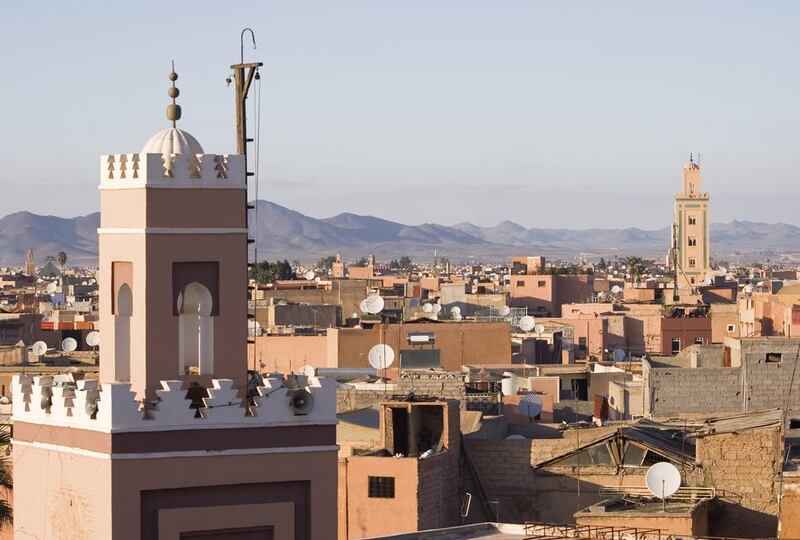Aida Bamia's English translation of Mohammed Achaari's second novel The Arch and the Butterfly [Amazon.com]– an exploration of the effects of terrorism on a contemporary Moroccan Muslim family and their close friends and acquaintances – comes after it won the 2011 International Prize for Arabic Fiction.
Preparing to leave the house for work one morning, Youssef finds a letter slipped under his front door. Opening it up, he reads these chilling sentences inside: “Rejoice, Abu Yacine. God has honoured you with your son’s martyrdom.” Not yet 20 and, as far as Youssef and his wife Bahia were concerned, safely ensconced in Paris studying at one of France’s most prestigious engineering schools, their son Yacine apparently abandoned all this for martyrdom among the ranks of the mujaheddin in Afghanistan.
Immediately and without warning, Youssef and Bahia find themselves plunged into the abyss of grief, but their responses manifest themselves in markedly different ways. On reading the letter, Bahia physically collapses, “losing her balance, like an animal being slaughtered, before giving a shattering cry and falling to the floor”, but Youssef is unable to embrace the tragedy and his response is unemotional and distant: “I knew it had happened, but it did not touch me. I observed it spreading slowly before me like an oil slick.”
Consumed instead with a fury so wild it’s impossible for him to “grieve and feel pain”, all he can feel is anger, incensed by the unthinking brutality of Yacine’s actions. “How could he do such a vile, cruel, contemptuous, humiliating thing to me?” he wonders.
In the weeks that follow, Youssef and Bahia’s relationship crumbles into divorce. Bahia quickly remarries and becomes pregnant by her new husband – a second chance at marriage and motherhood – but Youssef is left flailing in the wake of his son’s death. His life doesn’t fall apart – far from it, in fact, as he enters into a fresh period of prolific and successful work, spends time with his friends and begins a new relationship with a woman named Layla. Despite all this apparent external activity, internally he’s living “a kind of incomplete death”.
Youssef is himself the son of a refined German woman and an ambitious Moroccan man of unimpressive rural heritage who built an empire of olive groves, carob plants and eventually western-style hotels, and his relationship with his own father is fraught with problems. His mother committed suicide, shooting herself on a mountaintop against the backdrop of a beautiful sunset – though he has suspicions it was really his father who pulled the trigger – and his father lives in the past, spending his days giving rambling tours around historic ruins, his one-time success nothing but another memory he carries with him.
In his youth Youssef and his friends were left-wing activists who spent time behind bars for what they believed in. How he of all people could have raised a fundamentalist son is a conundrum that weighs heavily on his mind, but more distressingly, the brutality of Yacine’s actions undermines the peace Youssef has found with the political system he’s living in. The delicate equilibrium by which he has been living, and which took years to achieve, is upset to such a degree that Youssef is now seemingly trapped in a pit of indifference, a state metaphorically manifested in the sudden loss of his sense of smell.
While Achaari’s novel is a powerful portrayal of a man teetering on the edge of a precipice as everything he’s built up comes crashing down around his ears, it also elegantly depicts a country experiencing rapid change and growth, most of which is “imported by the newcomers”. A “secret city” springing up in the midst of Marrakech, for example, “selling the one thousand and one nights packaged in size and quantity to order”.
But, as the judges of the International Prize for Arabic Fiction clearly noted, most importantly it’s also a novel that addresses important issues affecting the Middle East today as each new generation struggles to reconcile past and present while carving out a place for themselves in the world.
“We love our country,” the son of one of his friends tells Youssef, “but your generation doesn’t understand us and doesn’t understand this love.”
Lucy Scholes is a freelance journalist who lives in London.
[ thereview@thenational.ae ]











